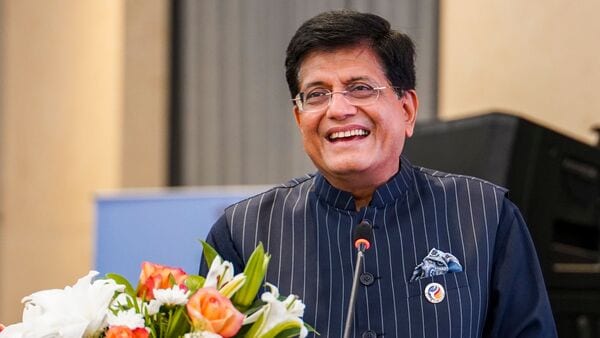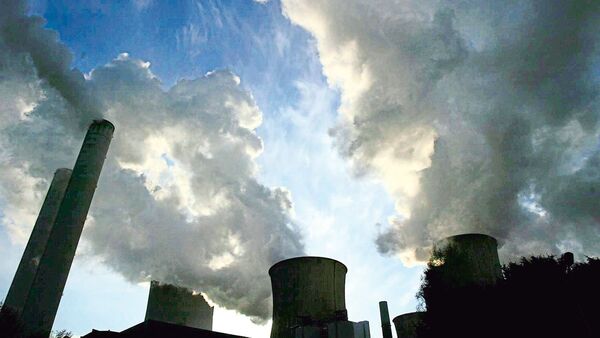India has agreed to use Russian railways to transport Mongolian coking coal to the eastern port of Vladivostok, significantly boosting its steel production and reducing reliance on traditional coal suppliers. The arrangement forms part of India’s broader strategy to diversify its raw material sources and secure stable energy supplies. Mongolia, which has vast reserves of high-quality coking coal, is a key focus for India’s import diversification plan.

Source:- bbc news
Under this arrangement, Mongolian coal will be transported via the Trans-Siberian railway across Russia to reach the Pacific port of Vladivostok. From there, the coal will be shipped to India. This partnership is expected to help India reduce its dependence on Australian coking coal, which it heavily relies on for its steel manufacturing industry. With coking coal being a critical component in steel production, this deal is expected to provide India with a more stable and cost-effective supply chain.
Source:- news 18
The partnership between India and Russia also aligns with both countries’ broader geopolitical and economic interests. For India, this agreement enhances energy security and supports its long-term industrial growth. For Russia, which has been pivoting towards Asian markets in light of international sanctions, the deal strengthens its economic ties with India.
India has been investing in Mongolia’s mining sector for years to secure long-term coal supplies. This initiative also fits into the broader context of India’s “Act East” policy, aimed at strengthening ties with countries in East Asia and the Pacific.
The use of Russian rail infrastructure for transporting Mongolian coal demonstrates a multi-nation effort to enhance trade and supply chain resilience, while also reducing logistical hurdles and costs associated with long-distance coal imports.
Share your views in the comments

